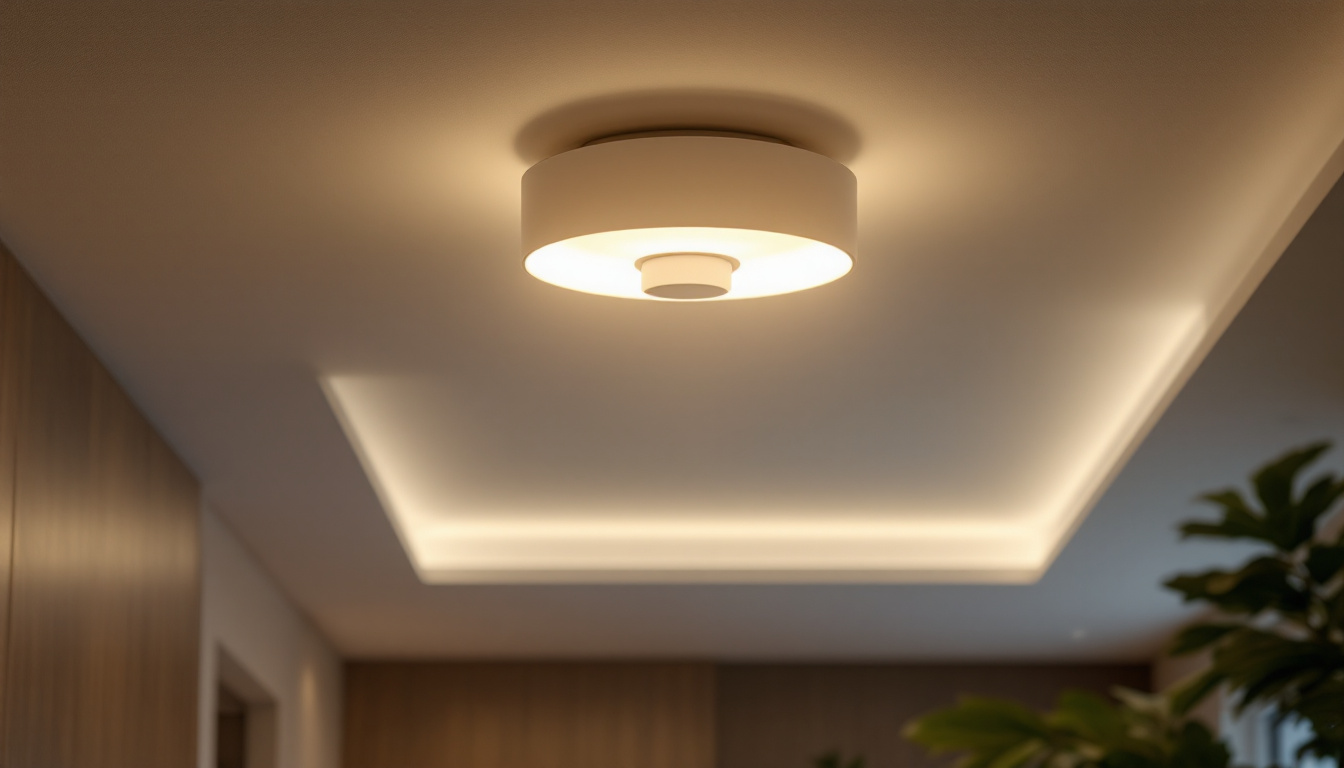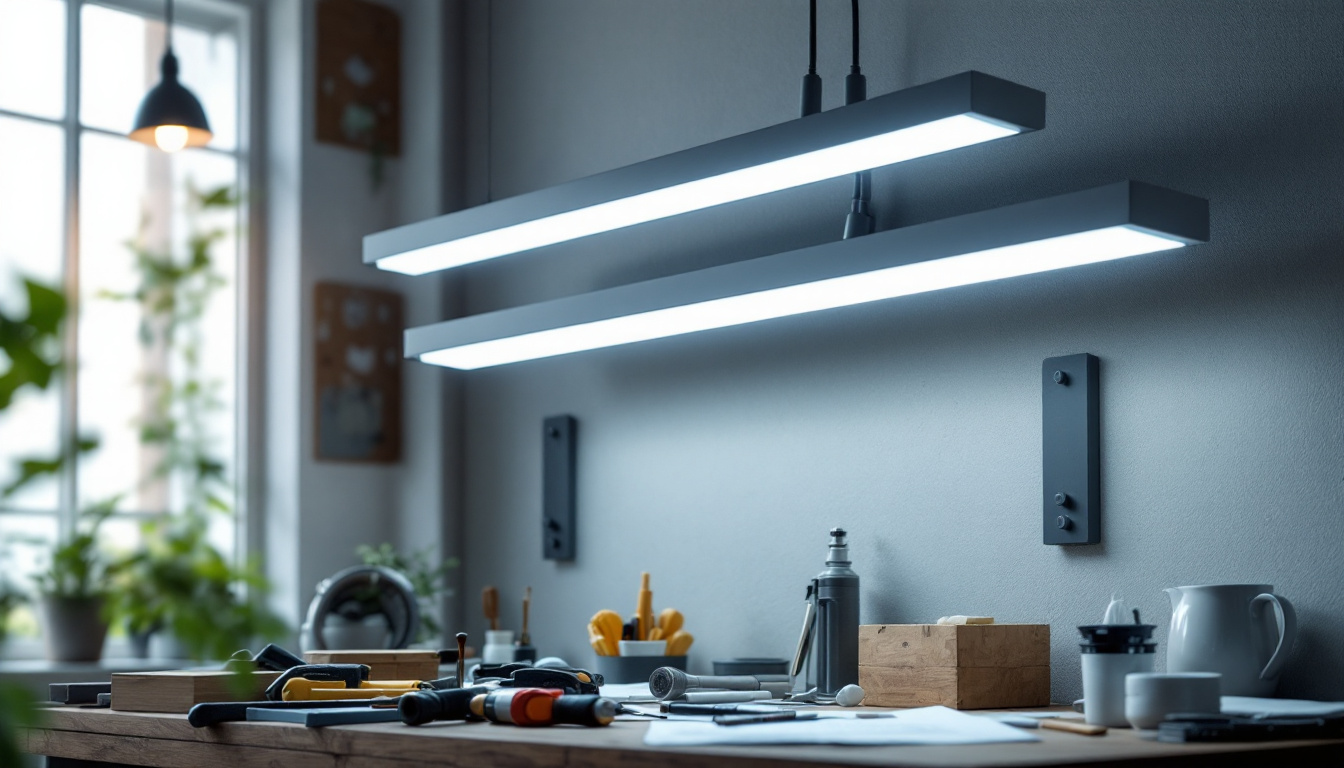

Lighting contractors play a pivotal role in the construction and renovation of residential and commercial spaces. Their expertise not only enhances the aesthetic appeal of a space but also ensures that lighting solutions are functional, energy-efficient, and compliant with local regulations. The right lighting can transform a mundane environment into a vibrant and inviting atmosphere, making the selection of a competent contractor crucial.
When embarking on a project, whether it’s a new build or a renovation, understanding the specific responsibilities of lighting contractors can help clients make informed decisions. These professionals are tasked with designing, installing, and maintaining lighting systems, which can range from simple fixtures to complex automated systems. Their knowledge encompasses a variety of lighting technologies, including LED, fluorescent, and incandescent lighting, as well as advanced controls and smart systems.
Lighting contractors are responsible for several critical tasks throughout a project. Initially, they assess the lighting needs of a space, taking into account factors such as the purpose of the area, existing architectural features, and the preferences of the client. This assessment leads to the development of a tailored lighting plan that meets both aesthetic and functional requirements.
Once the design is approved, the contractor moves on to the installation phase. This involves not only the physical installation of fixtures but also ensuring that all electrical work complies with safety standards and regulations. After installation, many contractors also offer maintenance services, ensuring that the lighting systems remain in optimal condition over time.
Additionally, lighting contractors often stay abreast of the latest trends and technologies in the lighting industry. This knowledge allows them to recommend innovative solutions that can enhance energy efficiency and reduce costs for their clients. For instance, they might suggest the integration of smart lighting systems that can be controlled remotely via smartphones or automated to adjust based on the time of day or occupancy levels. Such advancements not only improve convenience but also contribute to sustainability efforts by minimizing energy waste.
Moreover, effective communication is a hallmark of a successful lighting contractor. They must collaborate closely with architects, interior designers, and other contractors to ensure that the lighting design harmonizes with the overall vision of the project. This collaborative approach helps to preemptively address any potential challenges that may arise during installation, ensuring a smoother process and a final product that exceeds client expectations. By fostering strong relationships with suppliers, lighting contractors can also access high-quality materials and fixtures, further enhancing the value they bring to each project.
Selecting the right lighting contractor can significantly impact the success of a project. A qualified professional will bring a wealth of knowledge and experience, which can help avoid common pitfalls and ensure that the project runs smoothly. Moreover, a good contractor will be able to provide insights into the latest trends and technologies in lighting, which can enhance the overall design and functionality of the space.
In contrast, hiring an inexperienced or unqualified contractor can lead to a range of issues, from poor design choices to safety hazards. It is essential to conduct thorough research and vet potential contractors before making a decision. This involves checking references, reviewing past projects, and ensuring that the contractor is licensed and insured.
When evaluating potential lighting contractors, there are several key factors to consider. First and foremost, it is important to assess their experience and expertise in the specific type of project at hand. For instance, a contractor who specializes in residential lighting may not be the best fit for a large commercial project.
Additionally, consider the contractor’s portfolio. A strong portfolio showcases a range of completed projects, demonstrating the contractor’s ability to adapt to different styles and client needs. Look for diversity in design, as well as evidence of innovative solutions to lighting challenges.
Qualifications are a crucial aspect of determining the suitability of a lighting contractor. This includes verifying their licensing and insurance, which are essential for protecting both the contractor and the client. A licensed contractor has demonstrated a level of expertise and adherence to industry standards, while insurance provides coverage in the event of accidents or damages during the project.
Furthermore, consider any additional certifications or memberships in professional organizations. These credentials can indicate a commitment to ongoing education and adherence to best practices within the industry. Contractors who are members of organizations such as the International Association of Lighting Designers (IALD) or the Illuminating Engineering Society (IES) often have access to resources that keep them informed about the latest trends and technologies.
Effective communication is vital in any contractor-client relationship. A good lighting contractor should be able to articulate their ideas clearly and listen to the client’s needs and preferences. This collaborative approach ensures that the final design aligns with the client’s vision while also incorporating the contractor’s expertise.
During the initial consultation, pay attention to how the contractor communicates. Are they responsive to questions? Do they provide clear explanations of their process? These factors can be indicative of how the contractor will manage the project moving forward.
Before hiring a lighting contractor, it is essential to have a clear understanding of the project scope and budget. This involves defining the specific requirements of the project, including the types of lighting needed, the areas to be illuminated, and any special features or controls desired.
Once the scope is defined, it is important to establish a budget that aligns with the project goals. A reputable contractor should be able to provide a detailed estimate that outlines the costs associated with materials, labor, and any additional services. This transparency helps prevent unexpected expenses and ensures that the project remains on track financially.
Obtaining multiple quotes from different contractors can provide valuable insights into the market rates for lighting services. This process allows clients to compare pricing, services offered, and overall value. However, it is important to remember that the lowest bid is not always the best option. Consider the contractor’s qualifications, experience, and proposed solutions in addition to the price.
When reviewing quotes, look for a breakdown of costs. This should include not only the price of fixtures and materials but also labor costs and any additional fees. A detailed quote can help clients understand where their money is going and make informed decisions about potential adjustments to the project scope.
Technology has revolutionized the lighting industry, offering innovative solutions that enhance both functionality and aesthetics. Lighting contractors should be well-versed in the latest technologies, including smart lighting systems, energy-efficient fixtures, and automated controls. These advancements not only improve the user experience but can also lead to significant energy savings over time.
Smart lighting systems, for example, allow users to control their lighting remotely through smartphones or voice-activated devices. This level of control can enhance convenience and adaptability, allowing users to create customized lighting scenarios for different activities or moods. A knowledgeable contractor can guide clients in selecting the right technology to meet their needs.
As sustainability becomes an increasingly important consideration in construction and design, lighting contractors must prioritize energy efficiency in their projects. This involves recommending energy-efficient fixtures, such as LED lights, which consume less power and have a longer lifespan compared to traditional options.
Moreover, contractors should be familiar with local energy codes and incentives that promote sustainable practices. By integrating energy-efficient solutions into their designs, contractors can help clients reduce their carbon footprint and potentially save money on energy bills in the long run.
The relationship between a client and a lighting contractor does not end with the installation of fixtures. Ongoing support and maintenance are essential to ensure that lighting systems continue to perform optimally over time. A reliable contractor will offer maintenance services, including regular inspections, troubleshooting, and repairs as needed.
Establishing a maintenance plan can help identify potential issues before they become major problems, ensuring that lighting systems remain functional and efficient. Clients should inquire about the contractor’s maintenance offerings and any warranties or guarantees associated with their work.
Choosing the right lighting contractor is not just about completing a single project; it’s about building a long-term relationship. A trusted contractor can become a valuable partner for future projects, offering insights and expertise that can enhance the overall quality of design and installation.
By fostering open communication and collaboration, clients can develop a strong working relationship with their contractor, leading to successful projects and satisfied outcomes. This partnership can also facilitate ongoing discussions about new technologies and trends in lighting, ensuring that clients remain informed and engaged in their lighting choices.
In conclusion, selecting the right lighting contractor is a critical step in achieving successful lighting design and installation. By understanding the key responsibilities of these professionals, evaluating their qualifications, and considering factors such as communication and project scope, clients can make informed decisions that lead to optimal results.
As technology continues to evolve, the importance of energy efficiency and sustainability in lighting design cannot be overstated. A knowledgeable contractor will not only provide innovative solutions but also ensure that projects align with the latest industry standards and practices.
Ultimately, a successful partnership with a lighting contractor can enhance the aesthetic and functional qualities of any space, creating environments that are both beautiful and efficient. By investing time and effort into choosing the right contractor, clients can ensure that their lighting projects are executed with expertise and care.
Ready to elevate your lighting projects with the highest quality at the best value? Look no further than LumenWholesale. Our extensive selection of spec-grade lighting products is designed to meet the needs of discerning contractors like you. With unbeatable wholesale prices and the convenience of free shipping on bulk orders, we ensure that you get the most out of your investment. Don’t let inflated markups dim your project’s potential. Choose LumenWholesale for reliable, high-performance lighting solutions that blend quality, affordability, and convenience seamlessly. Start experiencing the difference today by visiting our collection at Wholesale Lighting at the Best Value.

Discover the ins and outs of LED lightbulbs tailored for lighting contractors.

Discover essential insights into ceiling light fixtures with our comprehensive lighting contractors’ checklist.

Discover how a 4 lamp fluorescent fixture can revolutionize your lighting installation projects.

Discover how LED spotlights for stairs can revolutionize lighting projects for contractors by enhancing efficiency, reducing energy costs, and providing superior illumination.
Get notified when NEW deals are released.
Optimize your budget with wholesale discounts.
Only top-quality, specification-grade lighting products.
No additional costs at checkout - what you see is what you pay.
We understand the unique needs of contractors.